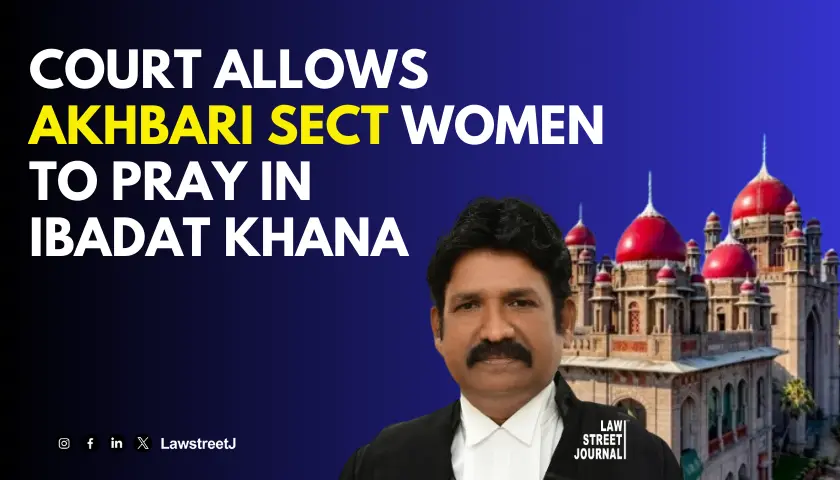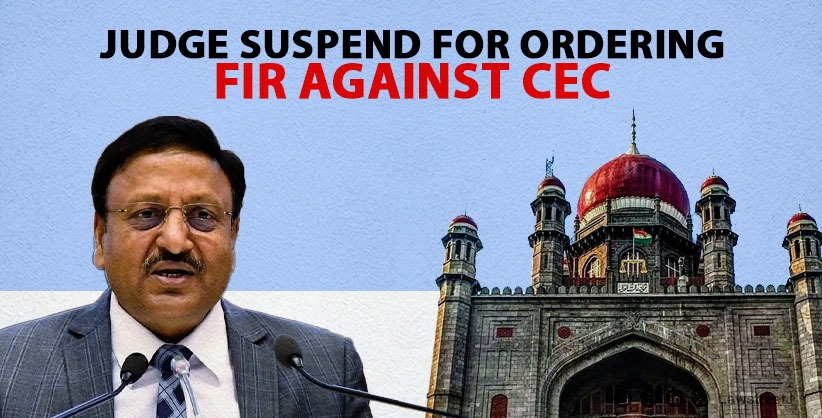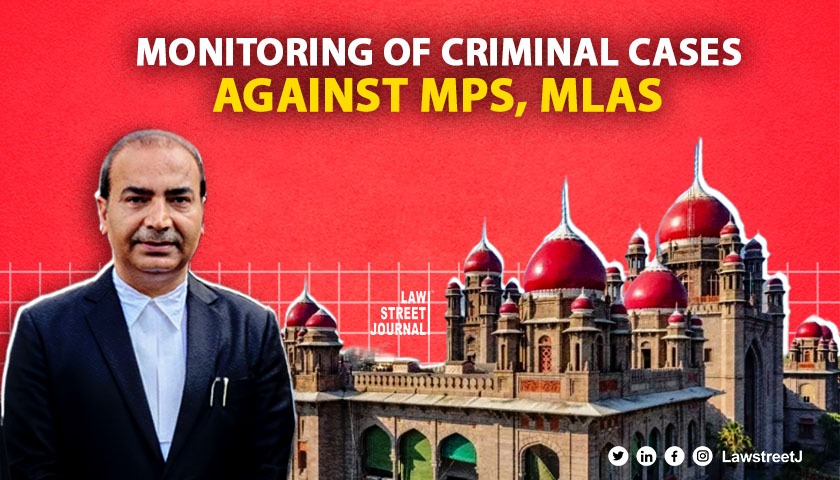Telangana: The Telangana High Court has delivered a significant order allowing women members of the Akhbari sect of Shia Muslims to conduct religious practices in an Ibadat Khana (prayer hall) in Hyderabad.
Justice Nagesh Bheemapaka, in his order, upheld the petitioner society’s right to allow women to perform Majlis, Jashans, and other religious prayers, rejecting arguments that it violates religious customs.
The court noted that the petitioner, Anjumane Shia Imamia Ithna Ashari Akhbari Regd Society, had challenged the respondents’ action in not permitting women members of the Akhbari sect to conduct religious practices in the Ibadat Khana situated in Darulshifa, Hyderabad.
Further, the court observed that the Waqf Board had previously issued proceedings in 2007 enabling Shia Muslim women to conduct Majlis in the Ibadat Khana. The court held that “nowhere in the Holy Book, the Almighty prohibited women from entering into prayer halls to offer their prayers.”
Also Read: Divorced Muslim woman can seek maintenance under Sec 125 CrPC: SC
The court further observed that the petitioners had argued that denying access to women of the Akhbari sect to perform religious practices in the Ibadat Khana is contrary to the Waqf Board’s proceedings and amounts to discrimination and violation of fundamental rights.
Expressing its view on the balance between religious practices and constitutional rights, the court stated, “This Court, therefore, was of the opinion that the action of the respondents amounts to a violation of fundamental rights guaranteed to the petitioner under Articles 14 and 25(1) of the Constitution and thus directed the respondents to forthwith permit the women members of the Akhbari sect of Shia Muslims to conduct Majlis, Jashans, and other religious prayers in the Ibadat Khana situated in the subject premises.”
Referring to previous judgments on similar issues, including the Supreme Court’s decision in the Sabarimala case, the court held that the Constitution confers on every individual the freedom of conscience and the right to profess, practice, and propagate religion.
Additionally, the court noted the Waqf Board’s stance, which stated that the Ibadat Khana belongs to the Shia community and is meant for both Akhbari and Usooli sects, including Shia women.
In conclusion, the court found no justification for prohibiting women of the Akhbari sect from performing religious practices in the Ibadat Khana and hence allowed the writ petition.





!['No common intention to kill,' SC alters conviction from murder to culpable homicide not amounting to murder [Read Judgment]](/secure/uploads/2024/02/lj_7197_f77c706e-b667-41fe-9c36-9e633e880b85.jpg)
![Remaining silent during an investigation is a fundamental right: Telangana HC [Read Judgment]](/secure/uploads/2024/04/lj_3728_c8f7ecd3-a0e9-44f7-85aa-f77b9dae3a49.webp)




